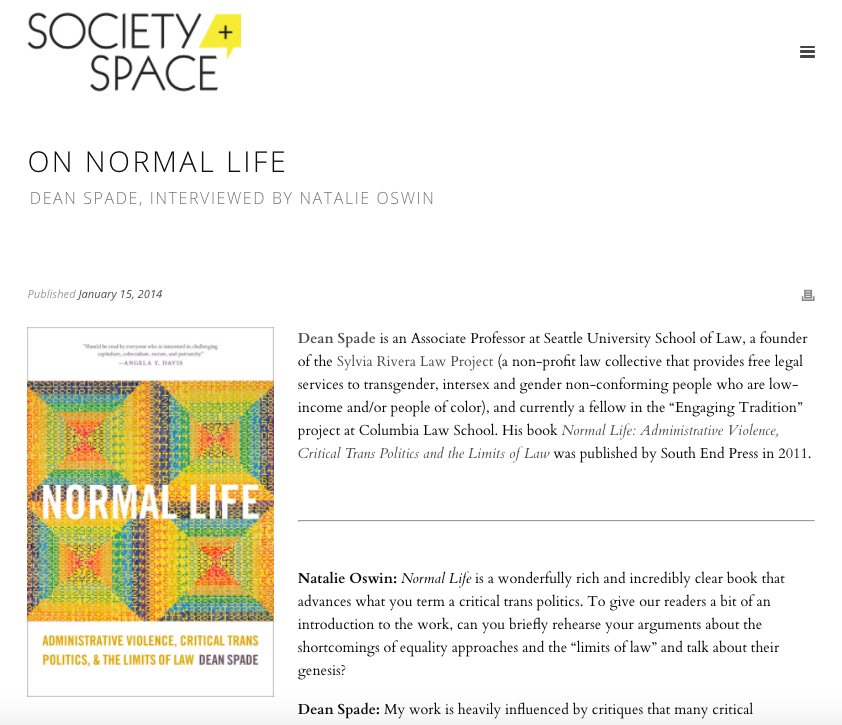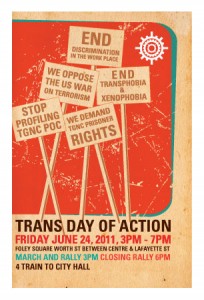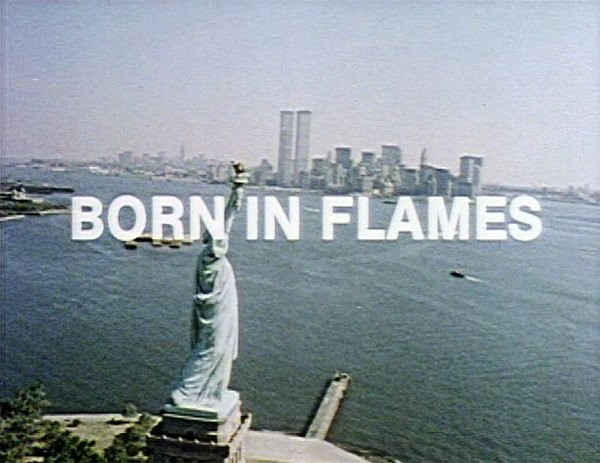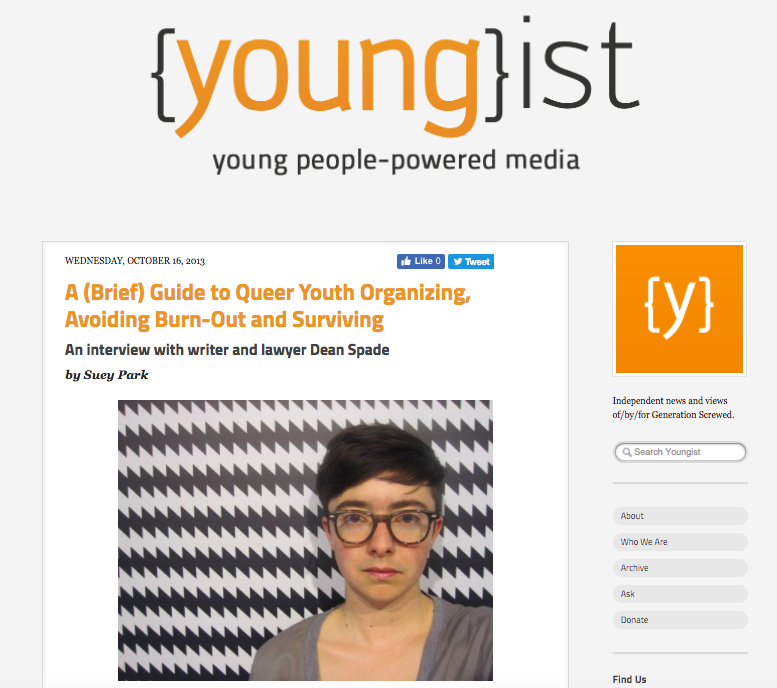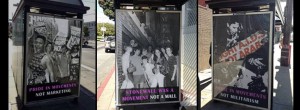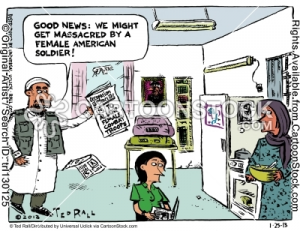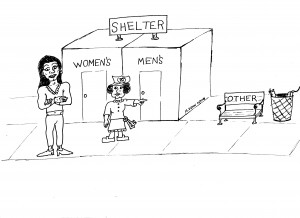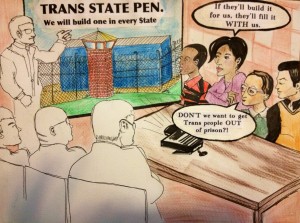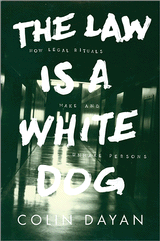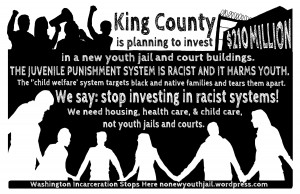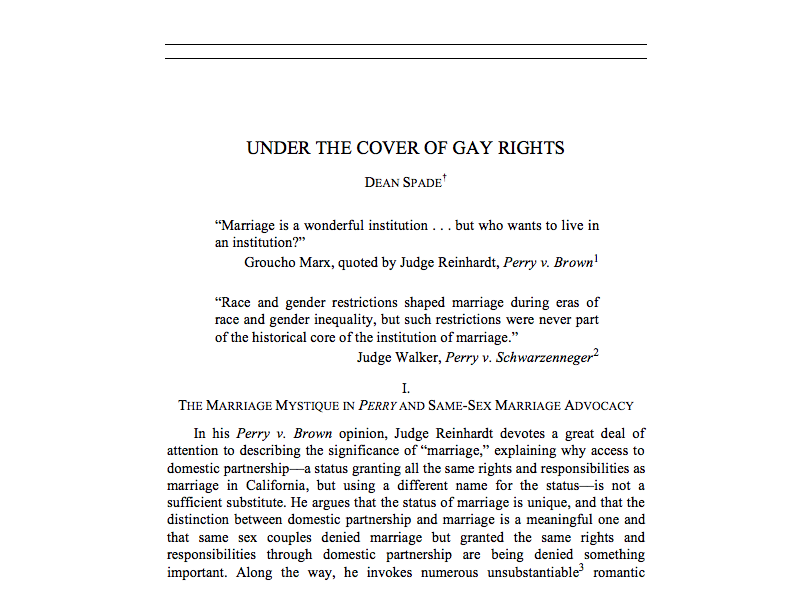Here is a recent interview on Society and Space–thanks to Natalie Oswin for asking very interesting questions!
I have some new video projects to share. Here are four short movies that Reina Gossett and I made with Hope Dector from the Barnard Center for Research on Women. Please join us for a live online discussion of them on February 7.
Reina Gossett + Dean Spade (Part 1): Prison Abolition + Prefiguring the World You Want to Live In.
Reina Gossett + Dean Spade (Part 2): Practicing Prison Abolition Everyday
Reina Gossett + Dean Spade (Part 3): What About the Dangerous People?
Reina Gossett + Dean Spade (Part 4): Gun Control + Producing Dangerousness
Also, I am excited about two new videos out from Washington Incarceration Stops Here!
Please share these videos!
